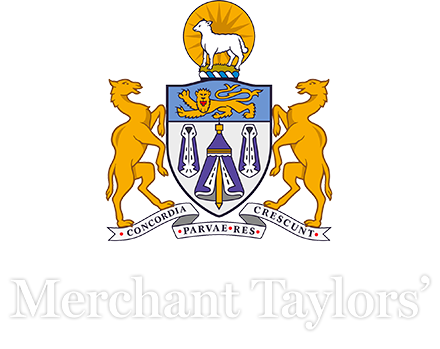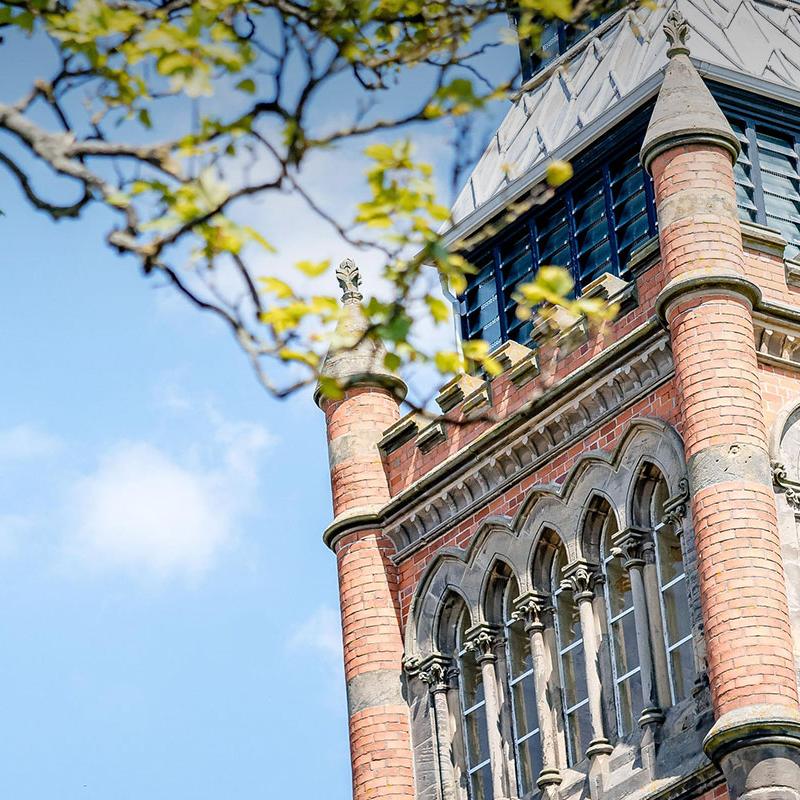English
Students may elect to study English Language or English Literature at A-Level.
English Language
The English Language course places its focus firmly upon exploring the interpretive and creative skills of students.The first year of the course involves two papers; Passages for Comment invites students to explore the language and styles of a range of non-fiction and occasionally fiction extracts, while the Writing paper asks students to produce one creative piece, often fiction, and another written response for a different audience (e.g. a travel guide or an advice brochure).
In the second year of the course, the focus is on more theoretical approaches to the study of English Language, such as sociolinguistics and the acquisition of language. This is an excellent preparation for popular English Language and linguistics-based courses at reputable universities.
English Language is a natural bedfellow for a number of Arts, Languages and Humanities A-Levels, with both its creative and analytical focal points. It also serves to support those scientists looking to achieve crispness and clarity in their prose style.
We are keen to empower our A-Level students to write for local and national publications and to oversee the editing and production of our own literary magazine. Collaborative and leadership skills are therefore vital – students should expect to be asked to lead assemblies and to work with younger pupils to hone their interest in writing.
Why choose English Literature? Classroom teaching by academic tutors is the bedrock of the Sixth Form experience in English Literature at Merchant Taylors’.
What does the course entail? Course structure Each term your tutors will lead you through a study of set texts for the examination, while in the second year of the full A Level course there is a modest non-exam assessment component (20% of your overall grade).
English Literature
In the first year of the course, the focus is currently on the genre of Tragedy and the compulsory study of a Shakespeare play, which means Othello may be taught alongside Hardy’s Tess of the d’Urbervilles and Miller’s Death of a Salesman.
In Year 13, focus shifts to the crime genre, where students study a number of set texts including Shakespeare’s Hamlet and the postmodern novel When Will There Be Good News?
The non-exam assessment asks boys to write about two texts of their own choice in line with various literary theories and this is a real opportunity for them to explore wider reading and develop a greater interest in canonical writing.
Students benefit from the intensive individual attention of highly experienced teachers and from discussing their ideas with peers in the classroom. Lessons are conducted in an academic style but with rapport and not without humour, with an important emphasis on the discursive, giving care and attention to developing students’ prose style through regular essay practice.




